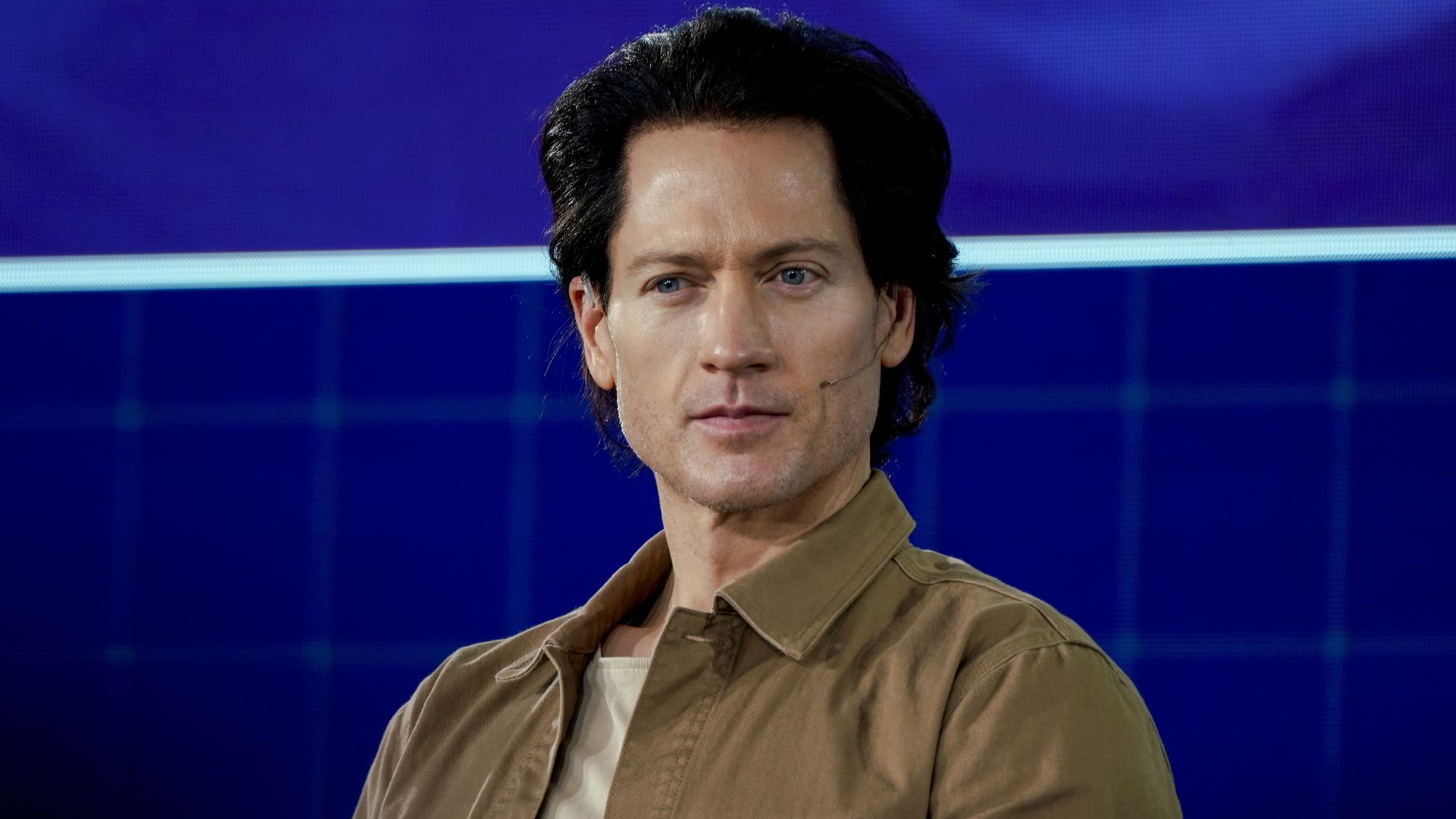Five years on: How Covid changed everything
We seem to have collectively forgotten Covid’s horrors, but they have completely reshaped politics

A free daily email with the biggest news stories of the day – and the best features from TheWeek.com
You are now subscribed
Your newsletter sign-up was successful
When Covid-19 was declared a pandemic five years ago, it “triggered a brief moment of radical unity,” said Janelle Nanos in The Boston Globe. “Huddled in our homes, we rallied” as the virus swept our communities and gasping victims flooded emergency rooms. We sewed masks, looked out for neighbors, and “celebrated first responders and frontline workers.” As the grim toll mounted—at one point, more than 4,000 Americans were dying every day from Covid—our political leaders “made enormous investments in those in need,” bailing out entire industries and “sending $1,200 checks to nearly everyone, no questions asked.” Meanwhile, scientists developed a vaccine at record speed, “and some of us wept with joy as the first shot went in our arms.” Political polarization dropped as a common foe brought us together. “Then, it all unraveled.”
The pandemic “cleaved the nation into two distinct camps,” said Kavita Patel in MSNBC.com. In one were those who embraced public health mandates and “collective responsibility.” They masked, shunned gatherings, and “lined up for vaccines.” In the other were those who dismissed the virus’ dangers as overblown, saw personal liberty as paramount, and rebelled against mandates.
Our experts gave them reason for wariness, said Megan McArdle in The Washington Post. Mistakes were made, many “understandable in the face of a novel threat” but others a result of political influence. The CDC let teachers’ unions sway its recommendations on school closures, even as evidence mounted of how remote learning hurt children. And when the George Floyd killing sparked mass protests, public health officials suddenly stopped “telling us to avoid crowds.”
The Week
Escape your echo chamber. Get the facts behind the news, plus analysis from multiple perspectives.

Sign up for The Week's Free Newsletters
From our morning news briefing to a weekly Good News Newsletter, get the best of The Week delivered directly to your inbox.
From our morning news briefing to a weekly Good News Newsletter, get the best of The Week delivered directly to your inbox.
If the pandemic split society in two, it’s clear which side “triumphed,” said David Frum in The Atlantic. America’s top vaccine foe, Robert F. Kennedy Jr., now runs Health and Human Services, and the National Institutes of Health could soon be led by Jay Bhattacharya, who wanted to let Covid “spread unchecked to encourage herd immunity.”
We seem to have collectively forgotten Covid’s horrors, said Kate Cohen in The Washington Post. This virus killed at least 7 million worldwide, including 1.2 million Americans, and left millions more with long Covid. As a society, we’re living with other “long-term damage”: higher housing prices, a youth mental health crisis, chronic mistrust of experts. If a true pandemic reckoning will come only when “we’re certain it’s all over,” then “we’re still waiting.”
A free daily email with the biggest news stories of the day – and the best features from TheWeek.com
-
 How the FCC’s ‘equal time’ rule works
How the FCC’s ‘equal time’ rule worksIn the Spotlight The law is at the heart of the Colbert-CBS conflict
-
 What is the endgame in the DHS shutdown?
What is the endgame in the DHS shutdown?Today’s Big Question Democrats want to rein in ICE’s immigration crackdown
-
 ‘Poor time management isn’t just an inconvenience’
‘Poor time management isn’t just an inconvenience’Instant Opinion Opinion, comment and editorials of the day
-
 Growing a brain in the lab
Growing a brain in the labFeature It's a tiny version of a developing human cerebral cortex
-
 A Nipah virus outbreak in India has brought back Covid-era surveillance
A Nipah virus outbreak in India has brought back Covid-era surveillanceUnder the radar The disease can spread through animals and humans
-
 Health: Will Kennedy dismantle U.S. immunization policy?
Health: Will Kennedy dismantle U.S. immunization policy?Feature ‘America’s vaccine playbook is being rewritten by people who don’t believe in them’
-
 Obesity drugs: Will Trump’s plan lower costs?
Obesity drugs: Will Trump’s plan lower costs?Feature Even $149 a month, the advertised price for a starting dose of a still-in-development GLP-1 pill on TrumpRx, will be too big a burden for the many Americans ‘struggling to afford groceries’
-
 Ultra-processed America
Ultra-processed AmericaFeature Highly processed foods make up most of our diet. Is that so bad?
-
 Covid-19 mRNA vaccines could help fight cancer
Covid-19 mRNA vaccines could help fight cancerUnder the radar They boost the immune system
-
 The quest to defy ageing
The quest to defy ageingThe Explainer Humanity has fantasised about finding the fountain of youth for millennia. How close are we now?
-
 The new Stratus Covid strain – and why it’s on the rise
The new Stratus Covid strain – and why it’s on the riseThe Explainer ‘No evidence’ new variant is more dangerous or that vaccines won’t work against it, say UK health experts